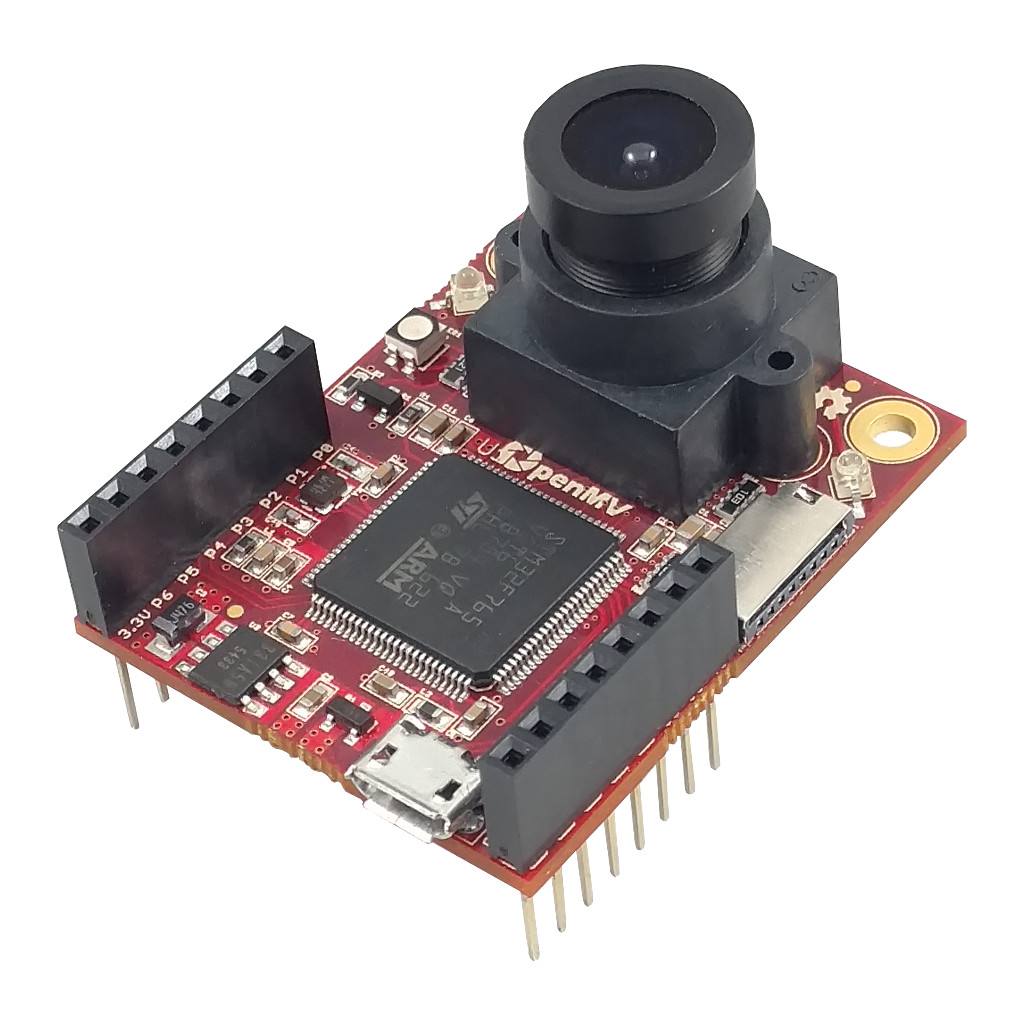OpenMV IDE includes an ini file generator which will let you set board settings easily from the IDE. Currently, the IDE has support for setting the WiFi shield up along with adding a REPL Uart. Anyway, this commit adds support for the OpenMV Cam to parse an ini file on startup to configure things before starting main.py. WiFi support is not yet implmented. However, we now have the ability to turn the UART and put the REPL terminal on it on startup given a setting in the ini file. (Why not use boot.py like normal MP? While that is more flxible it's much harder for the IDE to easily write out settings for you which is what most users will want to do versus coding this up). ... The movitation for adding REPL UART support in particular is so that the OpenMV Cam can be used as a slave processor to IoT type processors like the ESP32/ESP8266/ParticlePhoton/ElectricImp. In particular, a processor like the ParticlePhoton can control the OpenMV Cam's reset wire. Wake the camera up by releasing reset, then send a script to it after it powers on over the UART. The camera will then run the script, do computer vision, and report results back over the UART to the ParticlePhoton. Users can then push new scripts to the OpenMV Cam from the cloud allowing for semi-flexible firmware fixes for the OpenMV Cam over low data rate networks. By setting this feature up the need for OpenMV to offer a WiFi IoT system is reduced as we can now just be the best camera for everything. ... Due to... I don't know... ctrl-c doesn't work on the duplicated UART. https://github.com/micropython/micropython/issues/1568 Not sure how to handle this. I don't want to fix it since it needs to be fixed by MP upstream. Right now the work around is for the mastering MCU to just reset the OpenMV Cam when it's done with the system. That said, this does mean that once you start a script using the Open Terminal command line system you won't be able to stop the script. |
||
|---|---|---|
| .github | ||
| eagle | ||
| firmware | ||
| src | ||
| udev | ||
| usr | ||
| util | ||
| .gitignore | ||
| .gitmodules | ||
| CHANGELOG.md | ||
| LICENSE | ||
| README.md | ||
OpenMV (Open-Source Machine Vision)

The OpenMV project aims at making machine vision more accessible to beginners by developing a user-friendly, open-source, low-cost machine vision platform.
OpenMV cameras are programmable in Python3 and come with an extensive set of image processing functions such as face detection, keypoints descriptors, color tracking, QR and Bar codes decoding, AprilTags, GIF and MJPEG recording and more. Additionally, OpenMV includes a cross-platform IDE (based on Qt Creator) designed specifically to support programmable cameras. The IDE allows viewing the camera's frame buffer, accessing sensor controls, uploading scripts to the camera via serial over USB (or WiFi/BLE if available) and includes a set of image processing tools to generate tags, thresholds, keypoints etc...
The first generation of OpenMV cameras is based on STM32F ARM Cortex-M Digital Signal Controllers (DSCs) and Omnivision sensors. The board has built-in RGB and IR LEDs, USB FS for programming and video streaming, uSD socket and I/O headers breaking out PWM, UARTs, SPI and I2C. Additionally, OpenMV supports extension modules (shields) using the I/O headers such as WiFi, BLE, Thermal (FIR) and LCD shields.
The OpenMV project was successfully funded via Kickstarter back in 2015 and has come a long way since then. For more information, please visit https://openmv.io